The Independent's journalism is supported by our readers. When you purchase through links on our site, we may earn commission. Why trust us?
Swaps to make this Fairtrade Fortnight and beyond, from coffee to chocolate
Use your consumer buying power to contribute to a better tomorrow
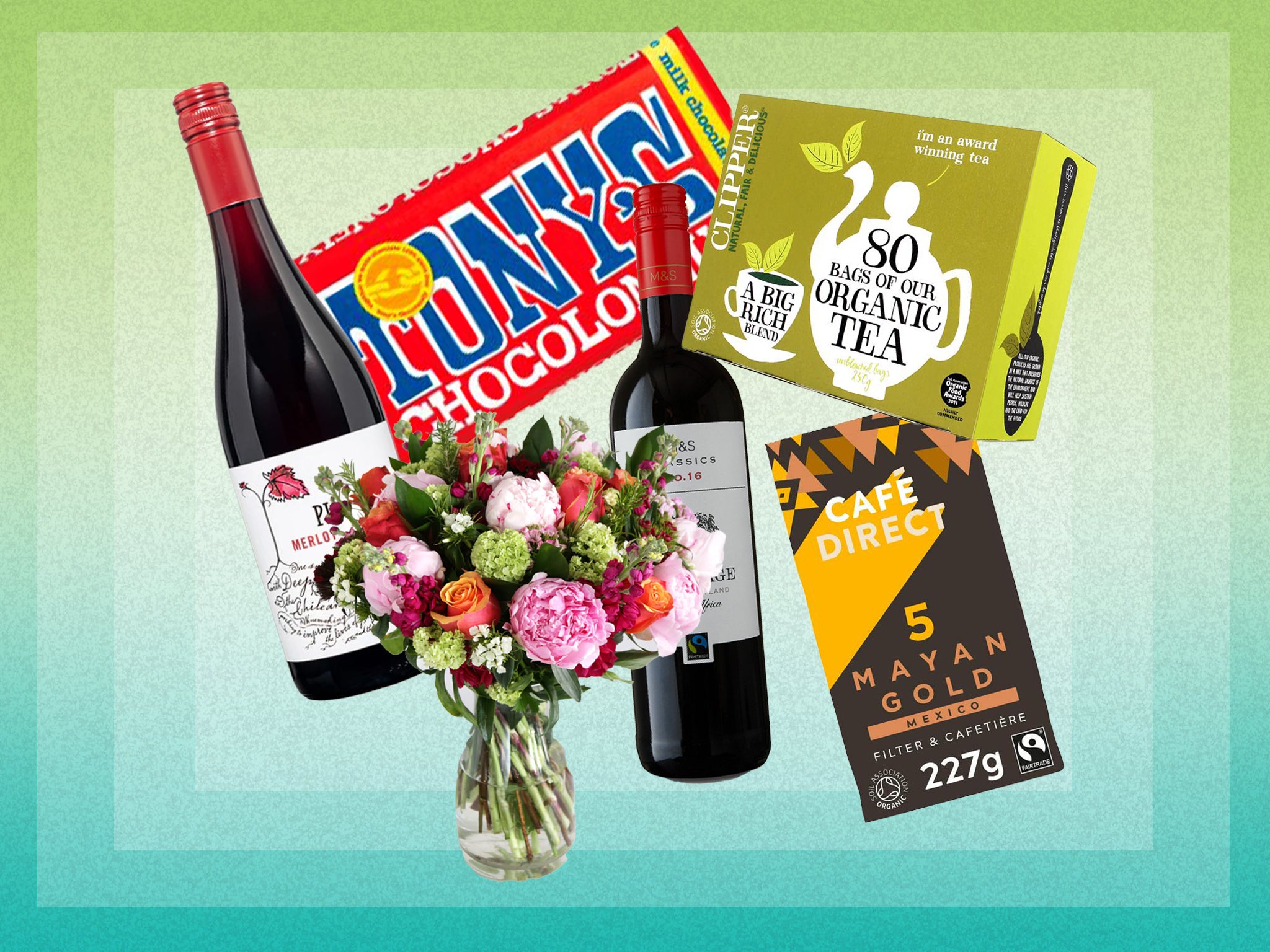
Your support helps us to tell the story
From reproductive rights to climate change to Big Tech, The Independent is on the ground when the story is developing. Whether it's investigating the financials of Elon Musk's pro-Trump PAC or producing our latest documentary, 'The A Word', which shines a light on the American women fighting for reproductive rights, we know how important it is to parse out the facts from the messaging.
At such a critical moment in US history, we need reporters on the ground. Your donation allows us to keep sending journalists to speak to both sides of the story.
The Independent is trusted by Americans across the entire political spectrum. And unlike many other quality news outlets, we choose not to lock Americans out of our reporting and analysis with paywalls. We believe quality journalism should be available to everyone, paid for by those who can afford it.
Your support makes all the difference.Fairtrade Fortnight 2023 – which will take place from 27 February to 12 March this year – will highlight the Fairtrade movement, its role in supporting cooperatives and making sure small-scale producers and workers are paid a fair wage.
With the climate crisis already affecting farmers, food suppliers and workers, the theme of how global warming, deforestation and biodiversity loss is effecting food production and shortages is still very much at the fore.
Although they contribute the least to the crisis, small-scale producers are disproportionately vulnerable to the harmful impacts of the climate emergency, such as extreme weather, natural disasters, reduced food security and decreasing crop yields.
As a result, the foundation, as always, is encouraging you to swap non-fairly traded products for fairly traded alternatives. By changing your shopping habits in this way, you can help to ensure that those in climate-vulnerable countries gain the resources they need and benefit from Fairtrade prices and trading practices.
Despite the common consensus that these items cost more, we’re here to prove that ethical shopping can be done affordably. We’ve found a selection of easy, simple swaps you can make so we can all see a better tomorrow.
Read more:
Chocolate
Do you enjoy sweet treats, but rarely consider the lives of those that produce your favourite chocolate bars? Fairtrade Fortnight offers the perfect opportunity. The cocoa industry is fraught with modern slavery, with research from 2015 finding that more than 2.26 million children were working in cocoa farms in Ghana and Ivory Coast. The good news is, certain brands are changing the way we think about buying chocolate and bringing these issues to the forefront.
Tony’s chocolonely milk chocolate, 180g: £2.50, Waitrose.com
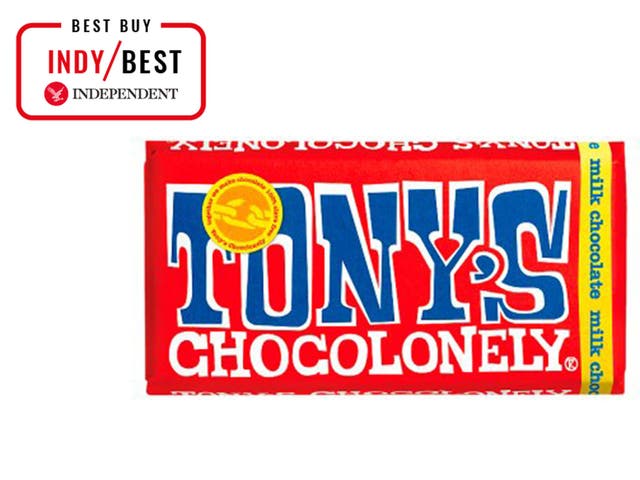
Tony’s range of vegan chocolate is some of the best out there, not least because of its taste, but also its ethical ethos. The brand’s aim is to make the chocolate industry 100 per cent slave free. It works directly with farmers and invests in cooperatives, as well as paying extra premiums on top of Fairtrade prices – more than 9 per cent of the product’s price goes back to the cocoa farmers.
To represent the inequality within the chocolate industry, Tony’s bars are divided into unevenly sized chunks. The flavours on offer equally excel, ranging from our favourite milk chocolate caramel sea salt (£2.50, Ocado.com) to dark milk chocolate pretzel toffee (£2.50,Ocado.com). The brand is clearly going the extra mile, and it landed itself the top spot in our guide to the best ethical chocolate brands, with our writer noting that the “milk chocolate bar is creamy and a substantial size that warrants sharing”.
Divine Fairtrade milk chocolate, 90g: £2.40, Ocado.com
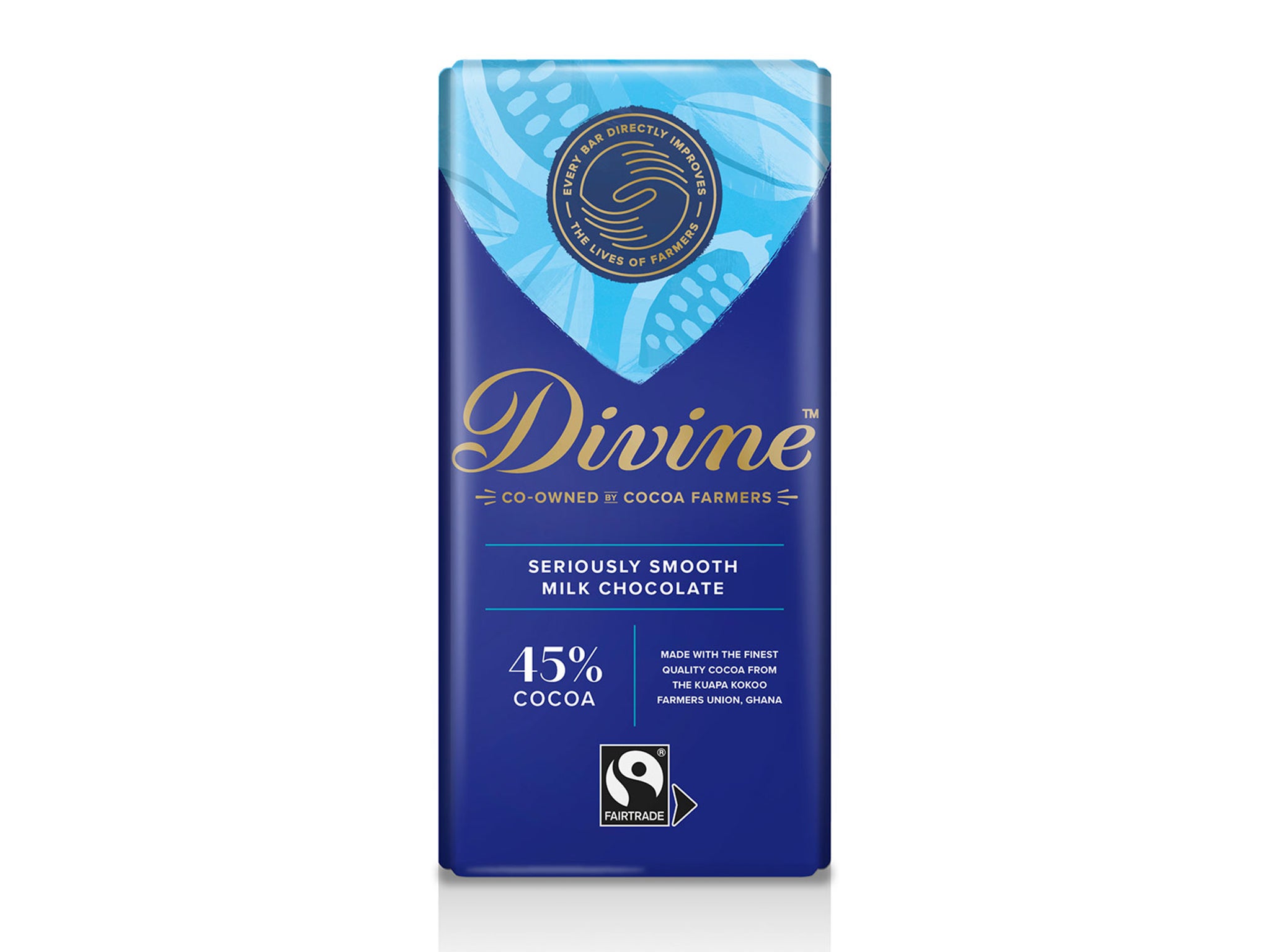
Another favourite from our guide to the best ethical chocolate brands is Divine, with our writer noting the “creaminess of these, especially the smooth milk ones” before praising the biodegradable packaging.
The brand has been championing farmers for more than 20 years. What sets it apart from the rest is the fact it’s co-owned by a British company and Kuapa Kokoo – a Ghanian cooperative made up of 85,000 farmers. The workers have a strong voice, and the brand has created a supply chain that shares value more equitably. It is Fairtrade certified but is going above and beyond this thanks to a range of initiatives, including its aim to empower its women workers.
Whether you’re after orange milk chocolate (£1.99, Ethicalsuperstore.com) or dark chocolate with hazelnut (£1.99, Ethicalsuperstore.com), there’s something for everyone.
Coffee
If you rely on your morning cup of joe to get you going, you’re not alone – according to the Fairtrade Foundation, an estimated 1.6 billion cups of coffee are brewed every day. Despite its popularity, coffee farmers are often not paid a fair price for their crops and research shows that the areas suitable for growing coffee could halve in a few decades.
Choosing Fairtrade-certified coffee guarantees that farmers aren’t just paid a fair amount, but help is provided to cooperatives to invest in climate adaption to make sure they can continue to harvest coffee beans. As such, it pays to be conscious.
Cafedirect mayan gold: £4.50, Sainsburys.co.uk
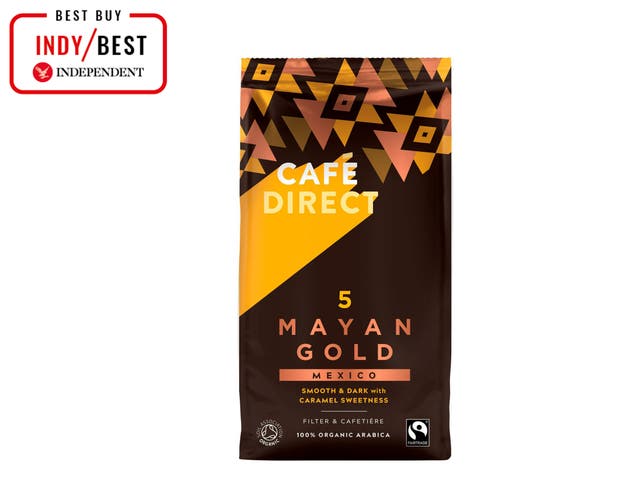
Taking the top spot in our guide to the best ethical coffees, you can trust that this is a worthy swap. Cafedirect does things differently from most brands. It was the UK’s first Fairtrade coffee company and donates more than 50 per cent of its profits to the farming communities its products come from. So far, this has amounted to more than £6m.
Aside from its credentials, how does it taste? Our writer’s favourite was the Mayan gold. “It has serious caramel notes on the nose, and your first sip offers a dark, rich flavour with a pleasing bitterness without too much punch. This coffee is extremely drinkable – dangerously so, in fact – and pairs sublimely with a caramel digestive,” they praised.
Waitrose No 1 java coffee:£3.15, Waitrose.com
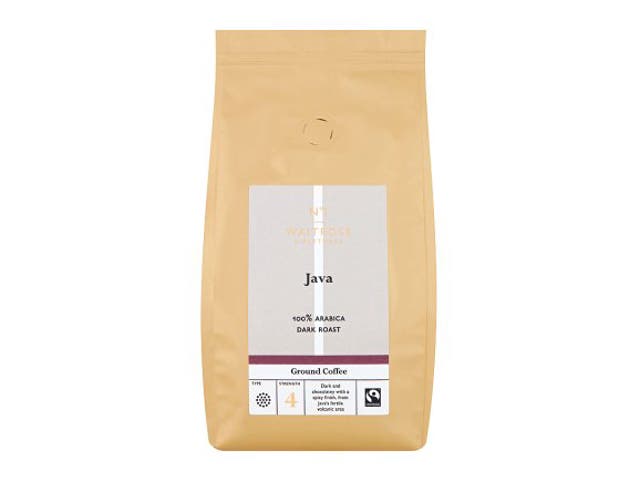
With our writer noting this is best for a supermarket staple in our guide to ethical coffees, it’s perfect if you’re looking for “your new best friend”. At an affordable price, it has a “mellow flavour with a slightly spicy finish” that you “won’t tire of”.
As for the coffee’s origins, it comes from the Kayumas cooperative in Indonesia, where “volcanic soil provides a solid foundation for growing some fine beans”. It was the first Fairtrade cooperative in Java and was founded with “significant investment from Waitrose and the Fairtrade Foundation, so you can feel good as you sip this quality supermarket coffee”.
Tea
Tea plantations are facing threats as a result of the climate emergency, deforestation, water shortages, and demands for fair wages and better working conditions. That’s not all though because in 2016 it was revealed that children were being exploited in tea plantations in Uganda and forced to work under poor conditions.
The Fairtrade Foundation works with both small-scale farmers and workers on plantations to make sure Fairtrade standards are met and working conditions are improved. To help you make more ethical choices, swap your normal cuppa for one of these.
Brew Tea Co proper tea earl grey: £4.59, Brewteacompany.co.uk
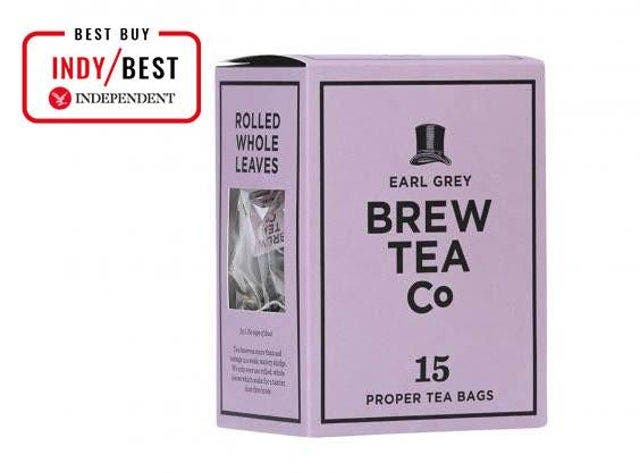
Taking the top spot in our guide to the best plastic-free teas. Our writer noted that the brand is “as transparent and sustainable as they come”, it’s “a member of the Ethical Tea Partnership which supports small estate growers”. And these teabags have become our writer’s everyday brew.
But where the brand excels is the fact it’s entirely plastic-free. The teabags are “made from cornstarch, the inner lining is made from NatureFlex and inside the box is a really useful card telling you what all the packing is made from and how it should be recycled” – the “tea bags and inner lining which decompose in 45 days via your council food recycling bin”, while the outer box “goes into the paper recycling”.
Clipper organic everyday tea:£3.50, Sainsburys.co.uk
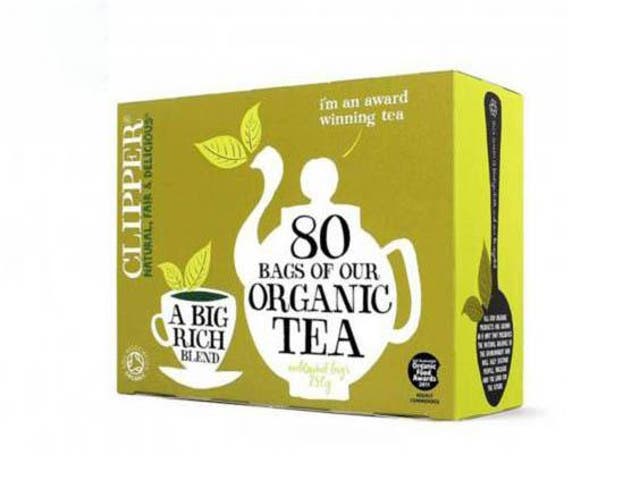
Another one that featured in our guide to the best plastic-free teas, our reviewer wrote that while this might look like an ordinary tea bag, it is “far, far from it”. Each tea bag is unbleached (hence its more earthy colour), organic, fairtrade and non-GM. It was the world’s first pillow-shaped bag to meet these criteria and was launched in 2018. And if you’re still not convinced, you should know that it was the world’s very first Fairtrade tea. At such an affordable price, this is surely the perfect everyday brew.
Wine
When sipping a glass of vino, do you consider where it’s come from and the process that went into producing it? Chances are you don’t. But growers are faced with unpredictable futures, notably as a result of the climate crisis, as well as poor labour standards and living conditions. Thankfully the wine world is beginning to pay attention so, the next time you’re topping up your glass, raise a toast to the brands doing things right.
Vinos Lautaro pico a pico merlot carménère: £10.99, Drinkwelluk.com
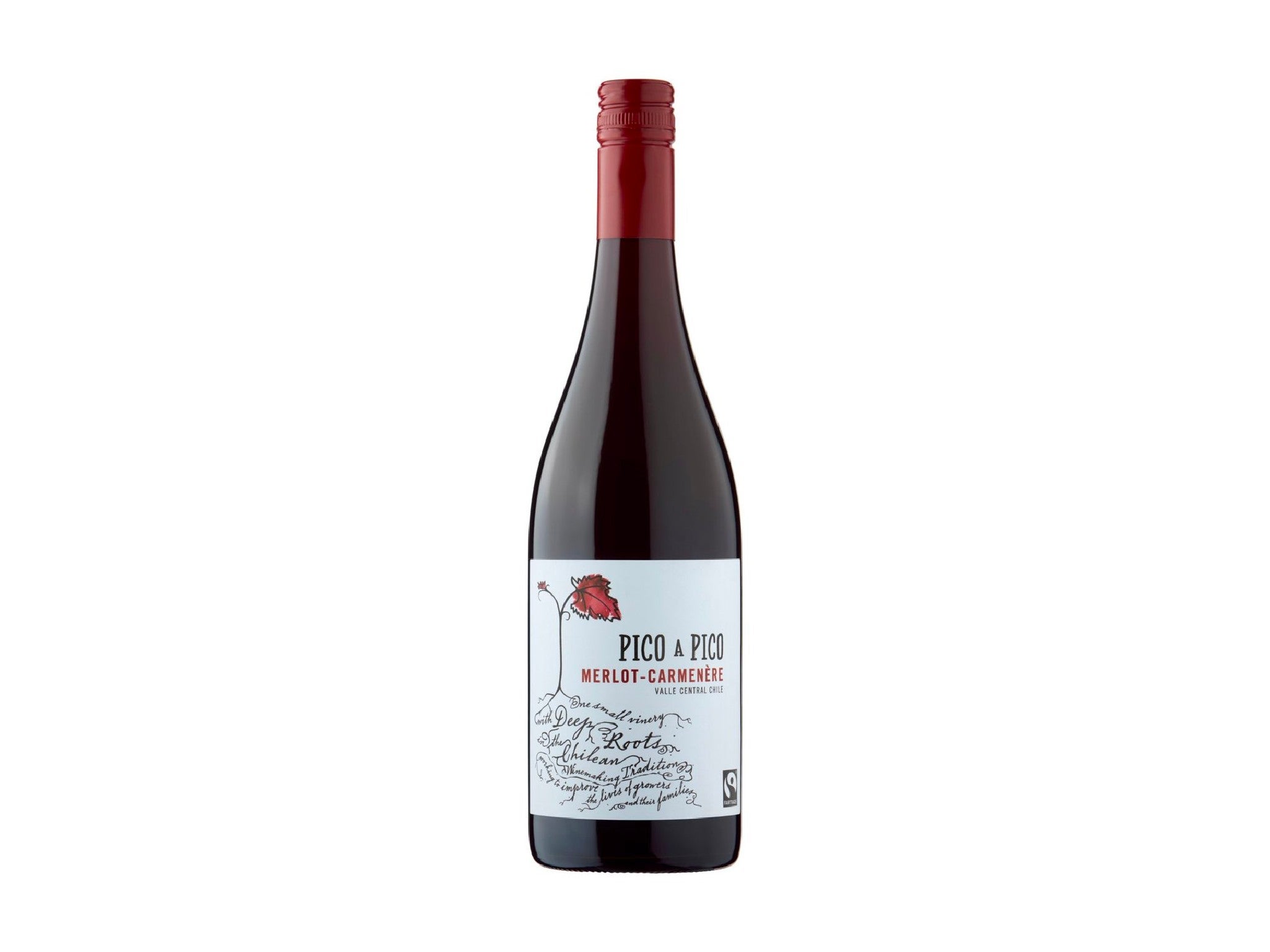
If you love a glass of merlot, we enjoyed this bottle of rouge so much that it landed in our roundup of the best Fairtrade wines. Produced by Vinos Lautaro which is a Fairtrade boutique winemaker in Chile’s Lontué Valley, this bottle of red blends the merlot and Carménère grape for what our tester describes as a “smooth, full-bodied” wine. Perfect for pairing with a strong cheese at your next dinnertime soiree, they added, it’s a “sumptuous, silken wine that’s velvety on the palate and chock-full of spicy red fruit.”
M&S classics no.16 pinotage, case of six: £48, Marksandspencer.com
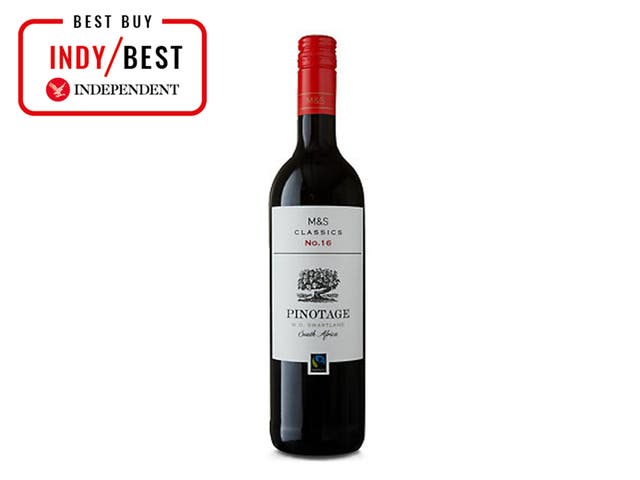
Partial to a pinotage? Well, you’re in luck because this M&S tipple took the top spot in our guide to the best pinotage wines. Coming from the Swartland region, it’s full-bodied and intensely flavoured, as noted by our reviewer. “Deep, wild berry and plum flavours are to the fore along with a touch of oak, a supple strength and that attractive bonus of spice and a hint of smoke,” they added. And if that’s not enough to persuade you to swap, all the grapes are Fairtrade certified and sourced from Fairtrade producers.
Flowers
Despite the cut-flower industry providing jobs for both producers and distributors, the business has a bad reputation. In Columbia, for example, the workforce is predominantly made up of women who work up to 100 hours per week on low wages and in poor conditions. It’s therefore important to consider where your flowers come from.
Arena Flowers letterbox flowers: £19.99, Arenaflowers.com
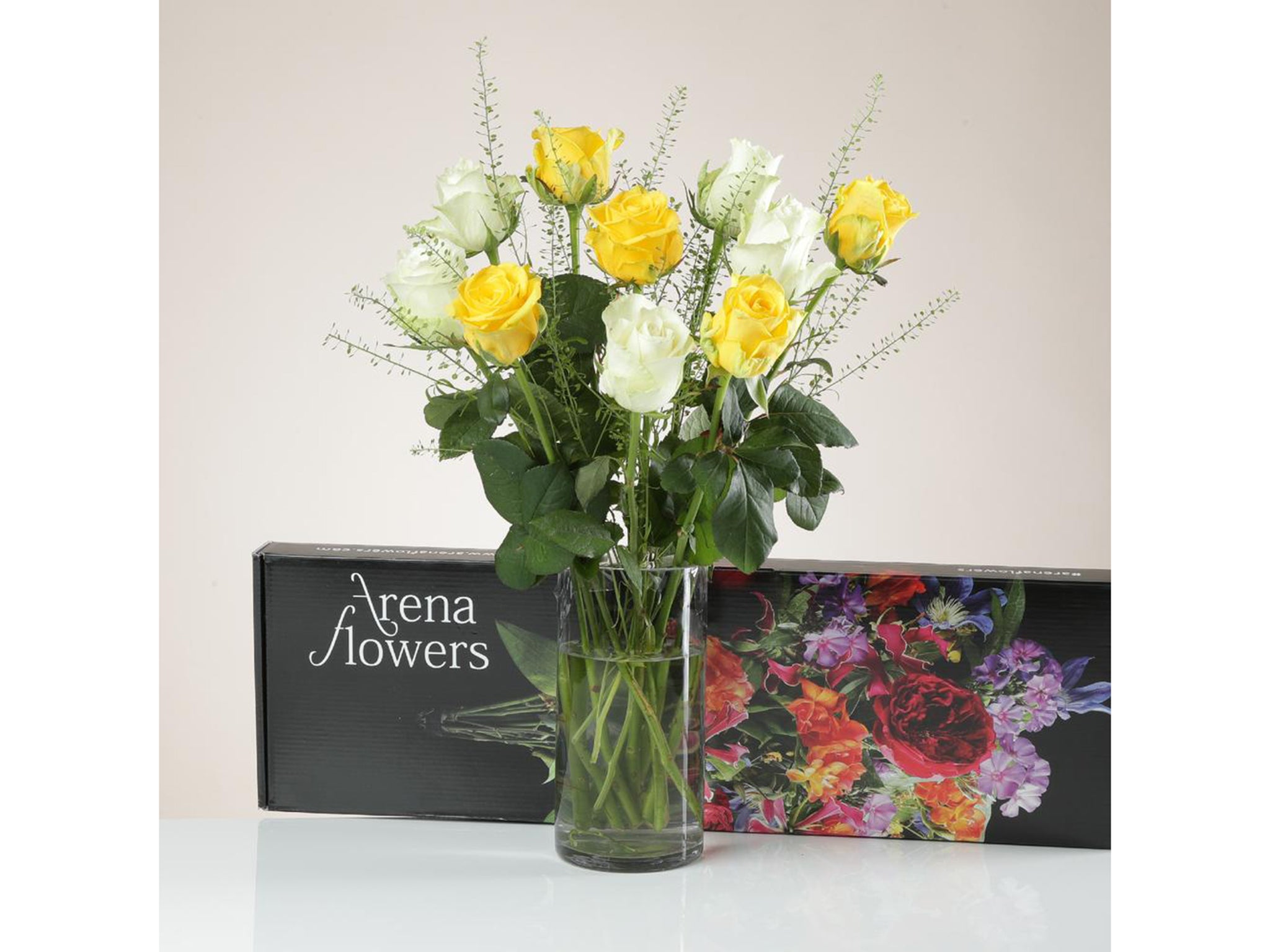
Arena Flowers is one of our favourite florists here at IndyBest, with the brand having featured in our roundup of the best online flower delivery brands. This one is really for the conscious shopper since the company is not only Fairtrade certified but also plants one tree in a country with high poverty levels for every bouquet sold. Its range of letterbox blooms come “carefully packed” so there’s no need to worry about them wilting or getting crushed en route. This really is an excellent company to know if you like having a bloom on your desk, and you can even subscribe to receive them monthly, starting at £20 per delivery.
Voucher codes
For the latest discounts on Fairtrade food and drink, try the link below:
Looking for an sustainable way to find your next fashion fix? Read our guide to the best sustainable clothing brands for men and women